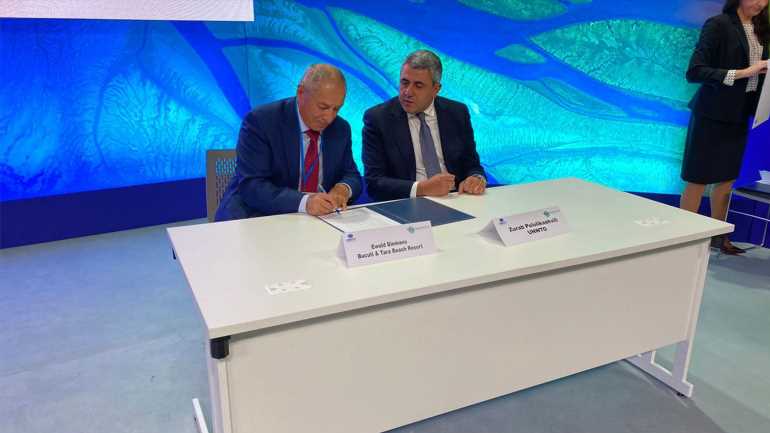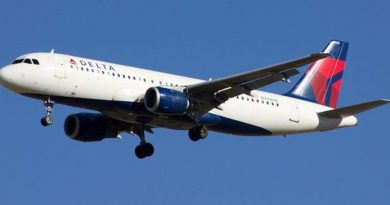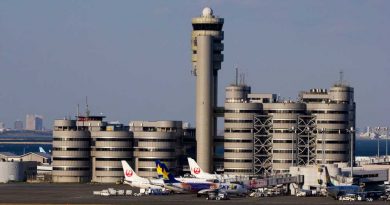UN group issues guidelines for sustainable aviation fuel
The governing council of the aviation arm of the United Nations has adopted an expanded set of sustainability guidelines related to the production of sustainable aviation fuel (SAF).
The move addresses concerns that SAF production should not unduly impact ecosystems. It was announced by Jane Hupe, the deputy director of environment for the International Civil Aviation Organization (ICAO), on Friday at the COP26 climate change conference in Glasgow, Scotland.
The ICAO’s action followed a declaration last Wednesday, signed at COP26 by the U.S. and 22 other nations, in which those nations committed to promoting the development of SAF, but in a manner that supports UN Sustainable Development Goals, including “avoiding competition with food production for land use and water supply.”
The need for clear SAF production guidelines has become more pronounced in recent months. IATA pledged last month to reach net zero emissions by 2050, and the trade group envisions 65% of aviation’s carbon footprint being ameliorated by SAF. In the U.S., the Biden administration in September set a goal of 3 billion gallons of domestic sustainable-fuel production by 2030, up from the mere 4.5 million gallons that will be produced this year. The administration is also targeting enough sustainable-fuel production by 2050 to meet all aviation fuel demand, which is estimated for that year at 35 billion gallons.
SAF feedstock can be produced from a wide variety of sources, including animal fats, vegetable oils, used cooking oils, garbage, forestry residue, alcohol, sugars and even the outgases from steel production.
But though advocates say it can reduce lifecycle greenhouse gas emissions by up to 80% compared with kerosene-based jet fuel, sustainability advocates worry about other potential impacts. For example, many oppose the use of palm oils as an SAF feedstock since palm oil producers often clear rainforests in order to establish oil palm plantations.
“The decision to adopt the full set of sustainability criteria sends a clear signal to countries embarking in SAF policy: Support for SAF must include robust environmental safeguards,” Pedro Piris-Cabezas, the Environmental Defense Fund’s director of sustainable international transport, said in a prepared remark Friday.
Airlines that wish to use SAF as part of their efforts to meet carbon reduction obligations under the Carbon Offsetting and Reduction Scheme for International Aviation (Corsia), will have to comply with the ICAO’s sustainability guidelines.
Under Corsia, the U.S. and numerous other countries have agreed to reducing emissions by 50% from 2005 levels by 2050. The ICAO will most likely consider strengthening that target to net zero by 2050 when it holds its next general assembly in fall 2022.
Source: Read Full Article



